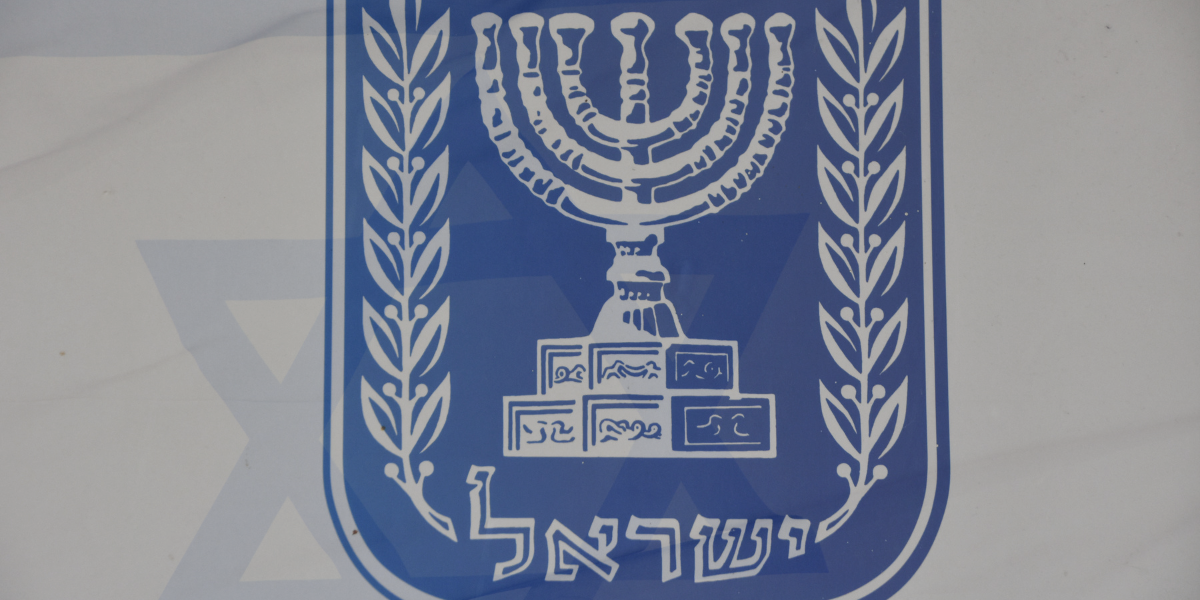What is the connection between justiciability and standing and the release of a symbol of terrorism?
For many years, we at Kohelet Forum strove to explain how the Israeli judiciary had departed from every accepted norm around the world when it made all issues justiciable. We explained over and over again how far this reality is from the norm, and how among others, it impairs decision makers’ sense of accountability when they can shrug off any responsibility since the judicial system severed it from authority.
Recently, a series of serial petitioners to Bagatz (Israel’s High Court of Justice) make the search for an example of what’s absurd about our system superfluous. Israeli citizens are now frequently exposed to judicial hearings that are creating an unprecedented reality in the extent of warfare being conducted according to standards no state has ever adopted. Instead of rejecting these petitions out of hand, Bagatz fills its calendar with hearings during which the Court imposes demands and restrictions on Israel’s ability to take action. We had a hearing demanding the transfer of humanitarian aid that regularly falls into enemy hands, another regarding the demand to provide Gaza residents with Israeli medical care, then a hearing discussing Nukhba terrorists’ menu and how many square meters every Gazan prisoner should enjoy.
Unfortunately, these hearings have an effect in the real world. We have just been informed of the release of the Al-Shifa Hospital Director, the person who headed a medical institution that served as a central terrorist base, launching attacks against Israel from its facilities until it was partly destroyed by the IDF. In the past, some members of the Court were of the opinion that it was not the Justices’ place to make decisions about absolutely military or war related issues and that there was a limit to the risk legal rulings could be allowed to create for the troops on the ground and the war’s objectives. In the current era, however, the gates to the Court have been flung open and anyone can saunter in and conduct proceedings in the course of which IDF commanders are forced to appear in court during a war and explain to the Justices why certain actions are vital to defeating the enemy; and the judicial intervention into conducting the war is only growing.
Why are Gazans who invaded Israel on October 7 being released? The answer is the lack of space in the prison system, but this lack stems from a Bagatz decision that ordered a minimum amount of square footage for every prisoner and from the judiciary’s severe incapability of grasping the significance of the moment with its attendant necessity to act according to different standards when it comes to petitions regarding an active war.
In the past, Justice Hayut explained that current international law and human rights legislation were inadequate for the war on terror: “In this area of fighting terrorism, international law as well as domestic Israeli law have not yet caught up with reality, and have yet to be so wise as to set down a comprehensive and detailed code of rules for the legal actions a state, as a body committed to the defense of itself and its citizens, can take … terrorism respects none of the rules of the game the old world set down regarding the laws of war, and it is incumbent on the judiciary, as well as the security forces, to rethink and redesign these laws in line with such a reality”
Many jurists have heeded her words, and seek practical solutions with which to assist the State of Israel in conducting its war on its enemies while complying with international law and adjusting it to the realities of a modern battlefield. However, it seems that some parts of the system have not internalized the need to fight the enemy relentlessly. Justice Cheshin once sharply rebuked the balance some Justices sought in the clash between human rights and the war on terror: “Justice Aharon Barak is willing to have some 30-50 people blow up, so long as we have human rights. I am not. He thinks that way, I think another; happily, I was in the majority”.
To ensure Israel’s future survival, it is imperative that jurists who know how to design and update the laws of war and adjust them to the current realities form the majority. This could be the Israel Supreme Court’s finest hour, paving the way of new judicial standards that can protect rights without obstructing the unremitting war on the kind of terrorism that threatens the entire population, but doing so would require a very sharp turn in the Supreme Court’s trajectory.
First published in Hebrew in Maariv (July 1 2024)




